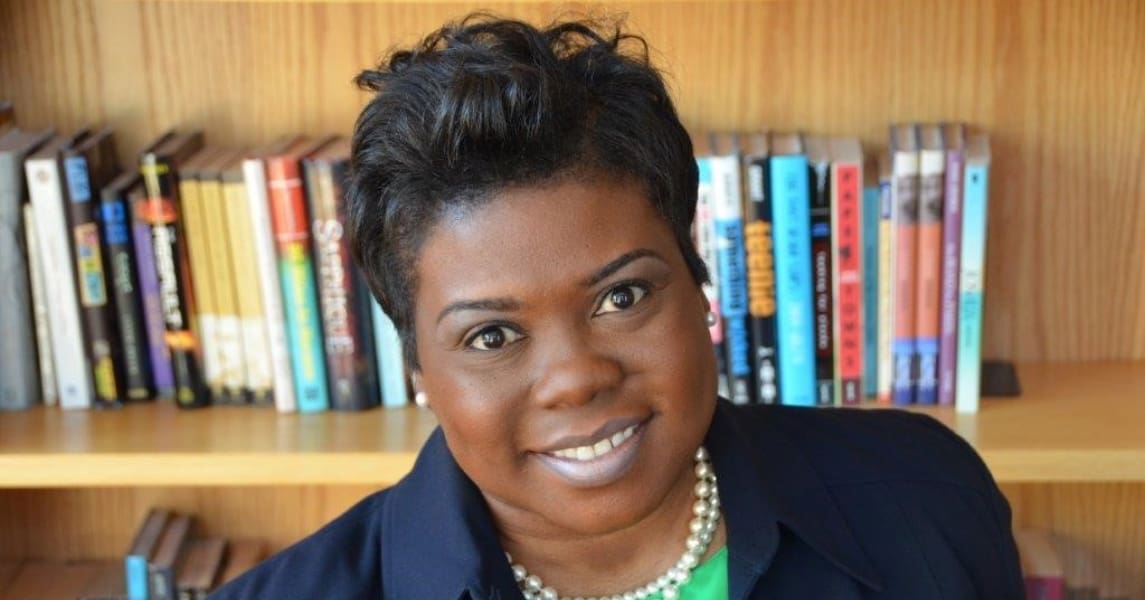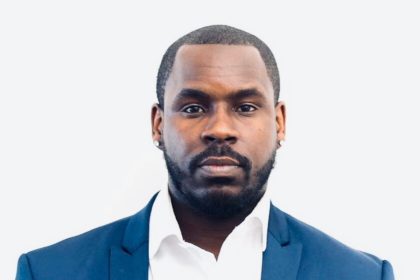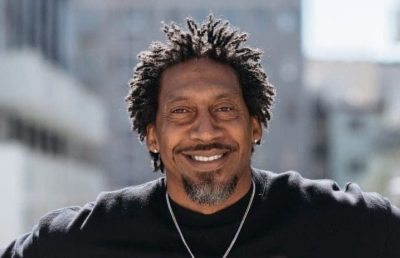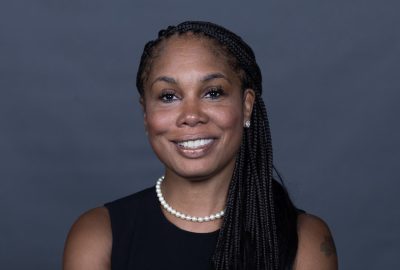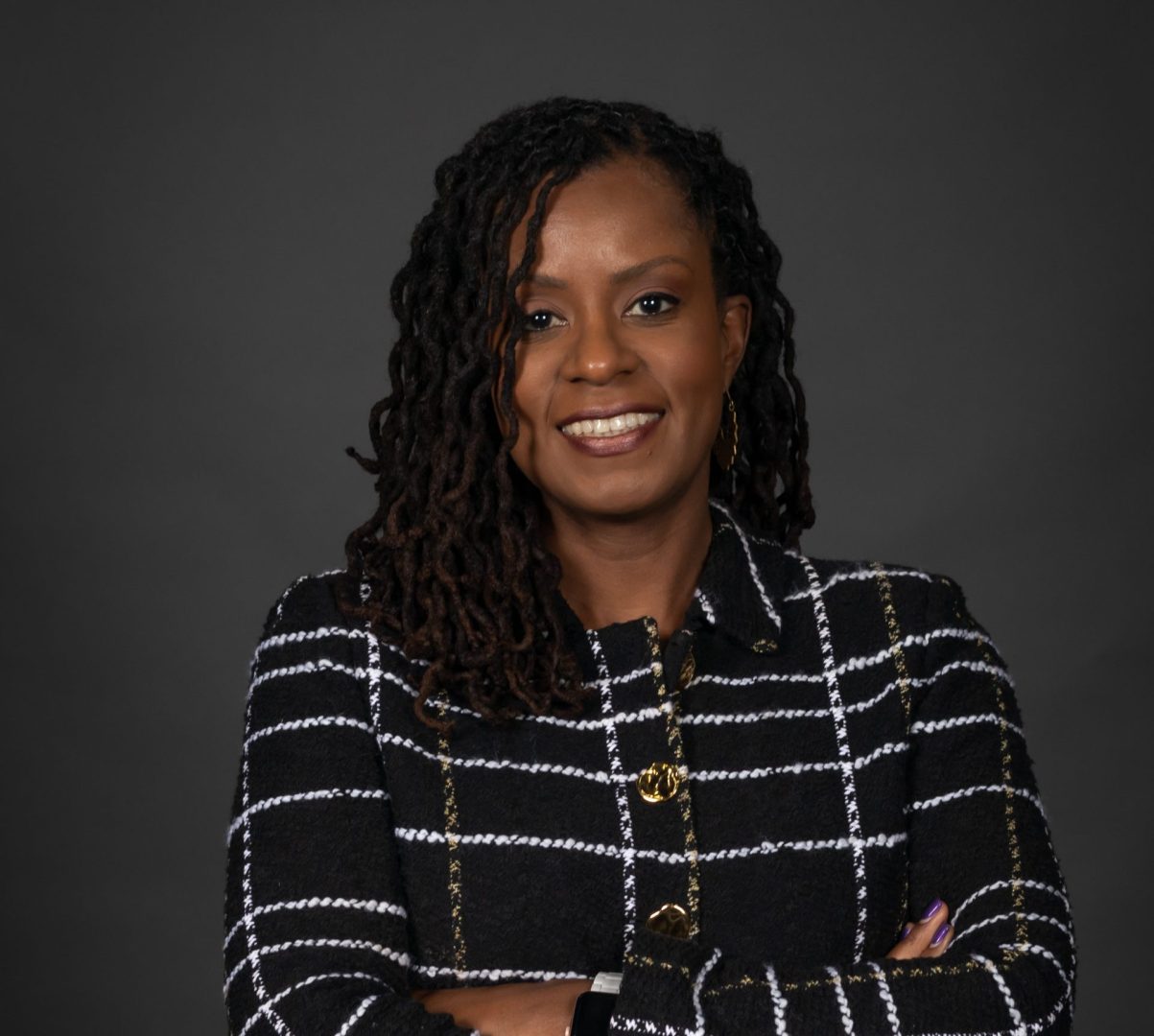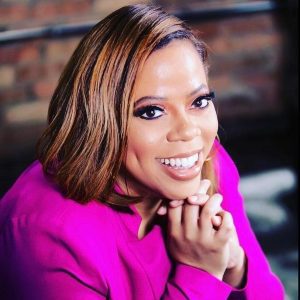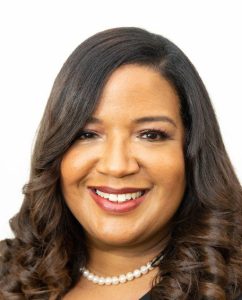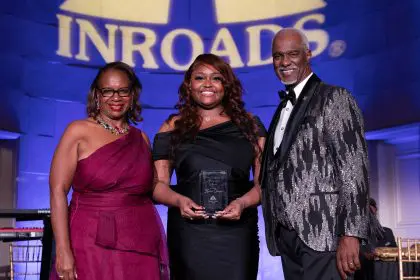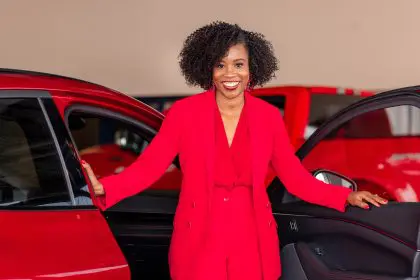In an exclusive interview with rolling out, Dee Atkins, the chief of community engagement and equity at Thresholds, shared her journey from the corporate sector to nonprofit leadership. Drawn to community-centric efforts, she transitioned after 15 years in the corporate world, driven by a need for a more impactful role. At Thresholds, she leverages her extensive experience to enhance the organization’s impact, particularly in Chicago’s Black and brown communities.
Describe your career journey and what led to your current role at Thresholds.
I’ve always been drawn to community-centric endeavors and transitioned to nonprofits after 15+ years in the corporate world, providing contractual opportunities that represented Chicago’s 77 diverse neighborhoods. I needed to fulfill a personal yearning for a more direct impact. Thresholds offered a role that gave me oversight and key decision-making capacity to enhance the organization’s presence in our city, particularly in Black and brown communities. It is exactly what I was searching for.
What are some of the primary responsibilities, and why are these important for the community?
Thresholds is known throughout Illinois for providing resources to people with serious mental illnesses and substance use conditions. I work closely with agency leaders on setting strategic measures to strengthen relationships with disinvested communities, especially on Chicago’s South and West sides. For maximum effectiveness in my role and as an advocate of these initiatives, I lead Thresholds’ racial justice and equity priorities and am embedded in the community building relationships, which is critical to raising awareness and representing the organization as a champion for social justice.
How do you define success in your work, particularly in terms of community impact and engagement?
Success in my role hinges on tangible impact and meaningful engagement. When I can create genuine connections within our diverse communities and identify partnerships that ultimately lead to systemic change among sidelined populations, I feel accomplished in this work. It’s about listening to those who live in these communities, building trust, and addressing their needs in a way that they can not only see—but respond to.
What do you think are the most important qualities for effective leadership?
Communication skills and emotional intelligence are paramount in effective leadership. Clear and open communication builds trust and ensures alignment. Similarly, being self-aware and able to manage your own emotions bolsters people skills in that you can empathize with the feelings of others. A leader with visionary thinking propels innovation and growth – and a growth mindset. These qualities combined are a great blend to inspire, empower, and drive collective success.
What practices do you recommend for leaders to foster a culture of inclusivity and equity?
I regularly advocate for inclusive leadership and cultural intelligence because it invites diverse perspectives, diverse experiences, and contributes to a positive workplace culture and societal progress. These two practices foster a sense of belonging within teams, and as a leader it highlights your willingness to model inclusivity and celebrate diversity. Inclusivity and equity promote active listening of others no matter where they rest on the career ladder and when employees feel seen and empowered, it can be a driving force for organizational success.
How do you manage self-care, and why do you think it’s important for leaders?
It is necessary to prioritize time alone, meditate, put my feet up (literally) and set boundaries to recharge mentally, emotionally and spiritually. Consistent meet-ups with girlfriends typically involve belly laughs—which are great for the body and soul. This well-being routine increases my stamina, reduces stress, and enhances my focus, especially in decision-making. I believe leaders who practice self-care model healthy behaviors that influence a positive organizational culture and makes room for sustainable leadership impact.

